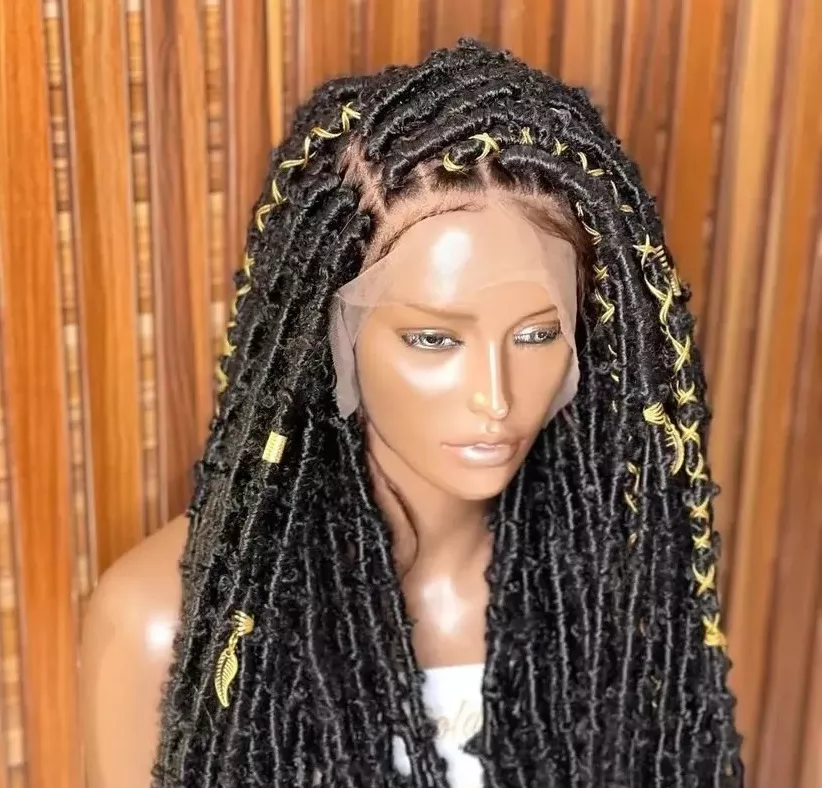In Nigeria, hair has always held significant cultural and aesthetic value. From traditional styles to modern trends, hairdressing has been a vital aspect of Nigerian culture, reflecting heritage, fashion, and personal expression. Among the myriad of styles, braids have a particularly rich history, and their evolution into braided wigs signifies a fascinating cultural phenomenon.
The concept of braided wigs emerged as a response to the increasing demand for braided hairstyles. While traditional braiding methods require considerable time and effort, braided wigs offer a convenient alternative, allowing individuals to achieve the desired look instantly. Initially popularized in the entertainment industry and among fashion enthusiasts, braided wigs soon gained widespread popularity among Nigerian women of all ages and backgrounds.
Advantages of Braided Wigs:
Braided wigs offer numerous advantages over traditional braiding methods. They are convenient, allowing for quick and easy styling without the need for lengthy salon appointments. Additionally, braided wigs offer versatility, enabling wearers to experiment with different styles, lengths, and colors without committing to a permanent change. Moreover, braided wigs are a protective hairstyle, helping to preserve natural hair by reducing manipulation and exposure to heat and chemicals. in addition, the price of braided wigs in Nigeria is affordable compared with the expensive alternatives
Cultural Significance:
Beyond their practical benefits, braided wigs hold significant cultural importance in Nigeria. They serve as a symbol of African pride, celebrating the beauty and diversity of African hair textures and styles. Moreover, braided wigs allow individuals to express their cultural identity and heritage, embracing traditional African aesthetics in a contemporary context. In a society where beauty standards often favor Western ideals, braided wigs offer a reaffirmation of African beauty and resilience.
Economic Impact:
The popularity of braided wigs has also had a notable economic impact in Nigeria. The production and sale of braided wigs have become a lucrative business opportunity for entrepreneurs, creating employment opportunities and driving economic growth. Additionally, the export of braided wigs has expanded Nigeria’s presence in the global beauty industry, showcasing the country’s rich cultural heritage and creative talent to the world.
Challenges and Criticisms:
Despite their popularity, braided wigs have faced criticism from some quarters. Critics argue that they promote a superficial understanding of African culture, reducing complex traditions to mere fashion statements. Moreover, there are concerns about cultural appropriation, as braided wigs become increasingly popular among non-African communities without proper acknowledgment of their origins. Additionally, there have been issues regarding the quality and authenticity of braided wigs, with some products failing to meet the standards expected by consumers.
Braided wigs represent a fascinating convergence of tradition, fashion, and technology in Nigerian culture. They offer a modern interpretation of age-old braiding techniques, providing wearers with convenience, versatility, and cultural pride. While facing criticism and challenges, braided wigs continue to thrive, serving as a testament to the enduring significance of African hair culture in a rapidly changing world. As they adorn the heads of Nigerian women, braided wigs not only enhance beauty but also celebrate heritage, diversity, and the enduring spirit of creativity.

Be First to Comment